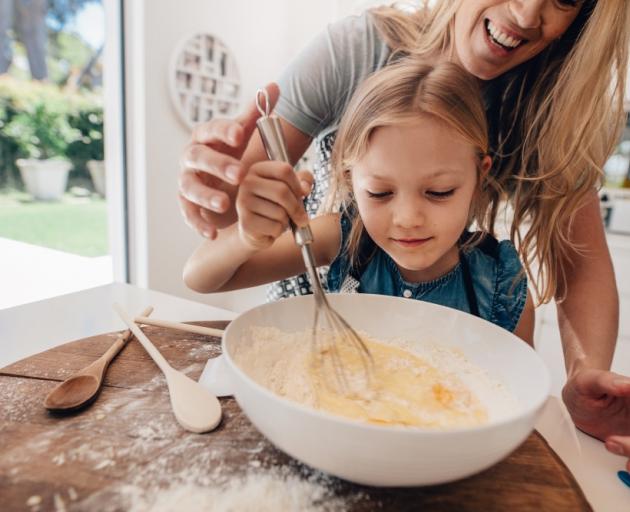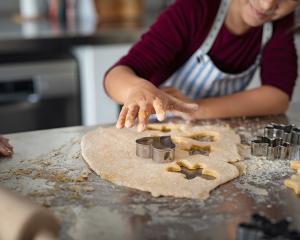
One of the best things a parent can do is turn off the TV and give children a wide variety of sensory experiences that will encourage them to learn, says Ian Munro.

The tweeting of the US president reminded me of a comment attributed to an earlier president, Franklin Roosevelt.
He is recorded as saying democracy could not succeed unless those who express their choice are prepared to choose wisely, and therefore the real safeguard of democracy is education.
If this is true, and I believe it is, then one of the best things you can give your child, aside from unconditional love and time, is a love of learning.
A few months ago, I wrote about brain development in a baby and how around 85-90% of brain development happens in the first three years. I’d like to take this further by looking at some influences for learning that can be established as baby turns into toddler.
My first suggestion is don’t turn the television on during those first three years.
Watch how toddlers play. They’re curious about everything. They push, pull, climb, bang and chew, and even experiment with the sounds of their own voice. They’re one lively, determined bundle of curiosity. Every moment they are awake, they are learning about themselves, their family, their environment and life itself.
To enhance this, you need to provide expanding opportunities and experiences rather than the mind-numbing one offered by television. Once you start using it as a babysitter, time-filler or pacifier and once they begin to demand it, you immediately begin to limit their world of learning.
Better to have them help with the housework: they can dust their playthings and splash round ‘‘washing’’ dishes standing on a chair or help stir the cooking mix. They can take to the kitchen floor with a brush and dustpan or help water the garden.
They are learning about co-operative work and also about all the different things that happen with these activities. Even brushing up crumbs or into a dustpan and tipping them into the waste bin can be intriguing.
It is widely accepted in the education world that when parents help their children learn through everyday activities at home, they get much more out of their formal education. So, apart from household tasks, what else can you do? Anything, really, that gives them a wide variety of sensory experiences: sound, sight, smell, taste and touch.
Singing together helps with sound patterns. Children love rhymes and repetition. They have to listen carefully to remember them and then often play around with the sounds.
Reading stories aloud is a must. Again, there is the listening and learning, the anticipation of what happens next, even when they have heard the story many times. Eventually comes the desire to read for themselves.












